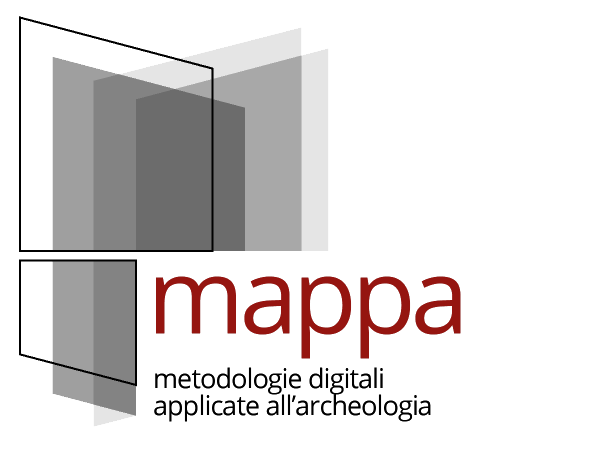Our team
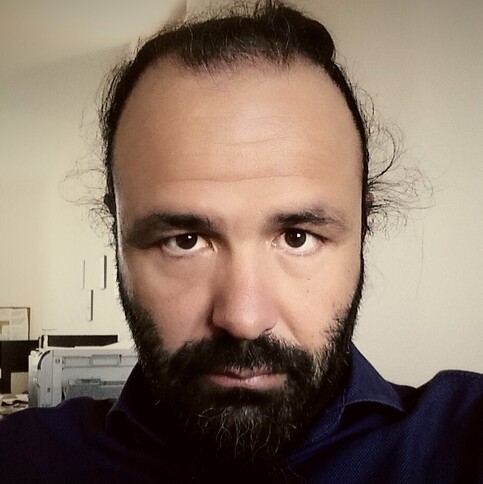
Gabriele Gattiglia
I coordinated the H2020 ArchAIDE Project (ww.archaide.eu).
gabriele.gattiglia@unipi.it
+390502215228
https://pisa.academia.edu/GabrieleGattiglia
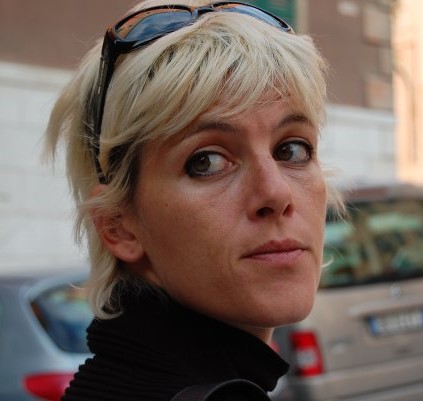
Francesca Anichini
+390502215817
https://pisa.academia.edu/FrancescaAnichini
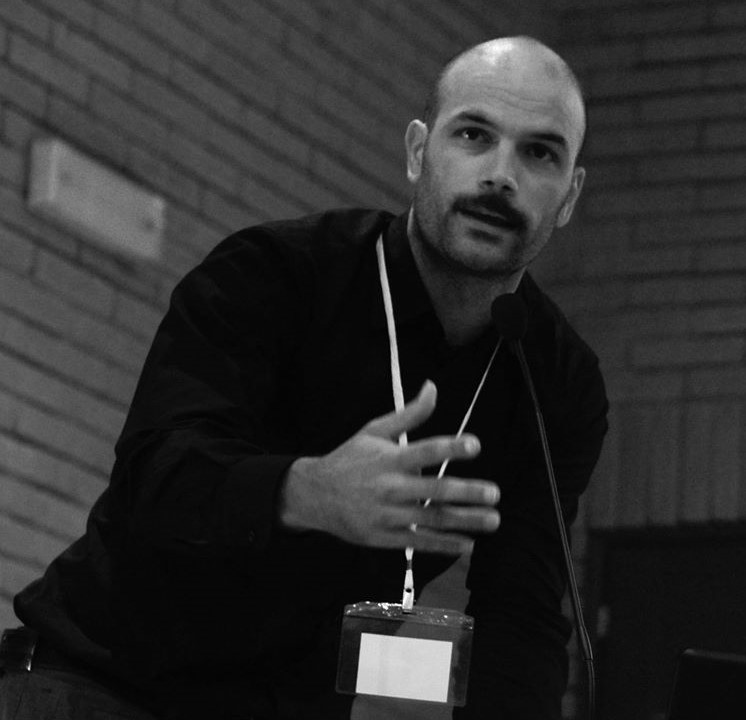
Nevio Dubbini
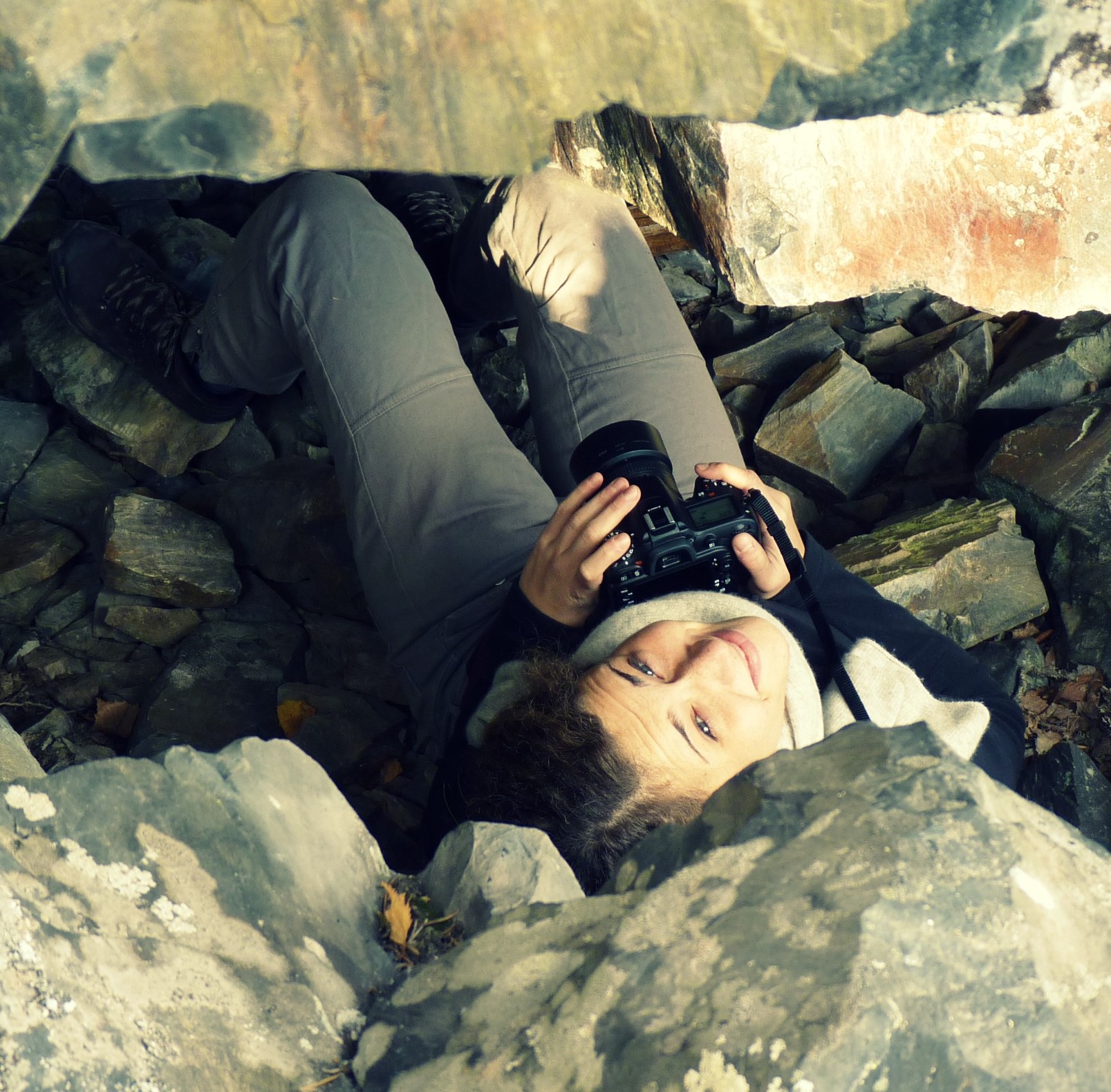
Claudia Sciuto
Researcher in archaeological research methodologies and specialised in environmental archaeology. I deal with human and non-human interactions in the metamorphosis of landscapes and my research is characterised by a strong transdisciplinarity. For years, I have been working on the characterisation of extractive landscapes in quarry districts and the relationships between communities and geological substrate. I am currently investigating processes of abandonment and resurgence in the mountain landscapes of the Versilia Apuana. I teach Environmental Archaeology and part of the courses of Archaeological Research Methodologies and Production Archaeology.
Mail: claudia.sciuto@unipi.it
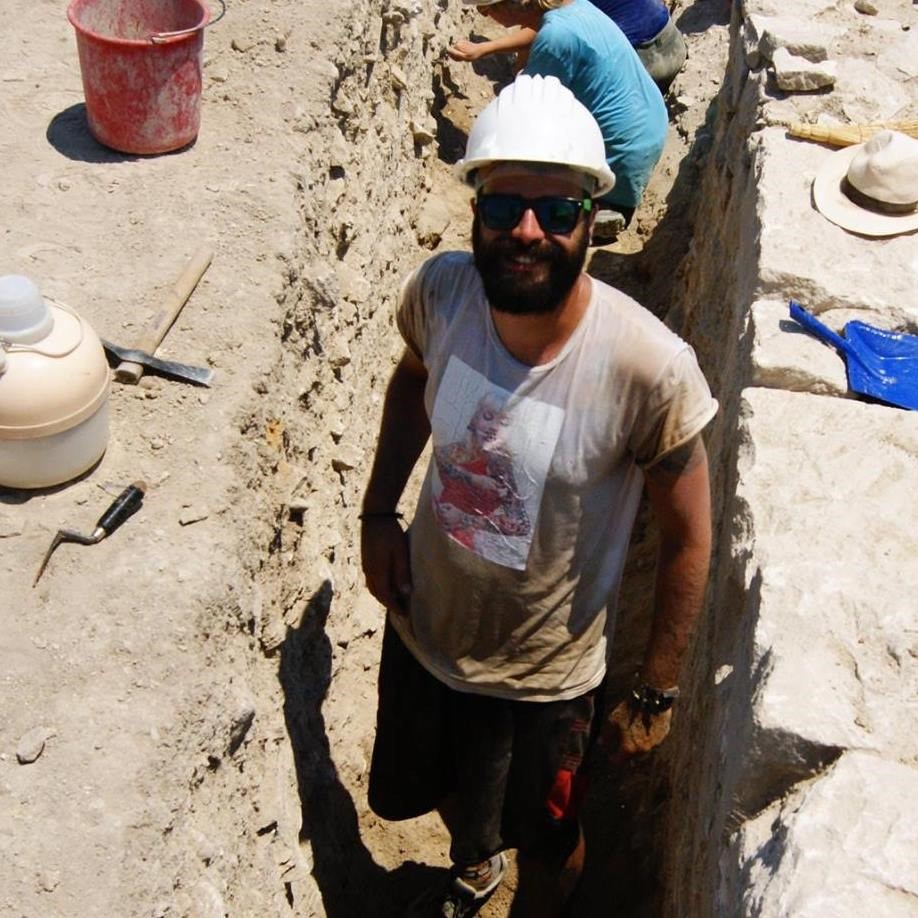
Filippo Sala
After graduating in Cultural Heritage at the University of Milan, Filippo moved to Pisa. Here he met the MAPPAlab with which he participated in various excavation campaigns at the Certosa Monumentale di Calci. Thanks to these experiences he decides to throw himself into the study of digital archaeology with which he obtains the master’s degree. He has always been interested in new technologies and 3D modelling and has started a PhD at the University of Pisa, in which he will try to create an archaeological BIM (Building Information Modelling).
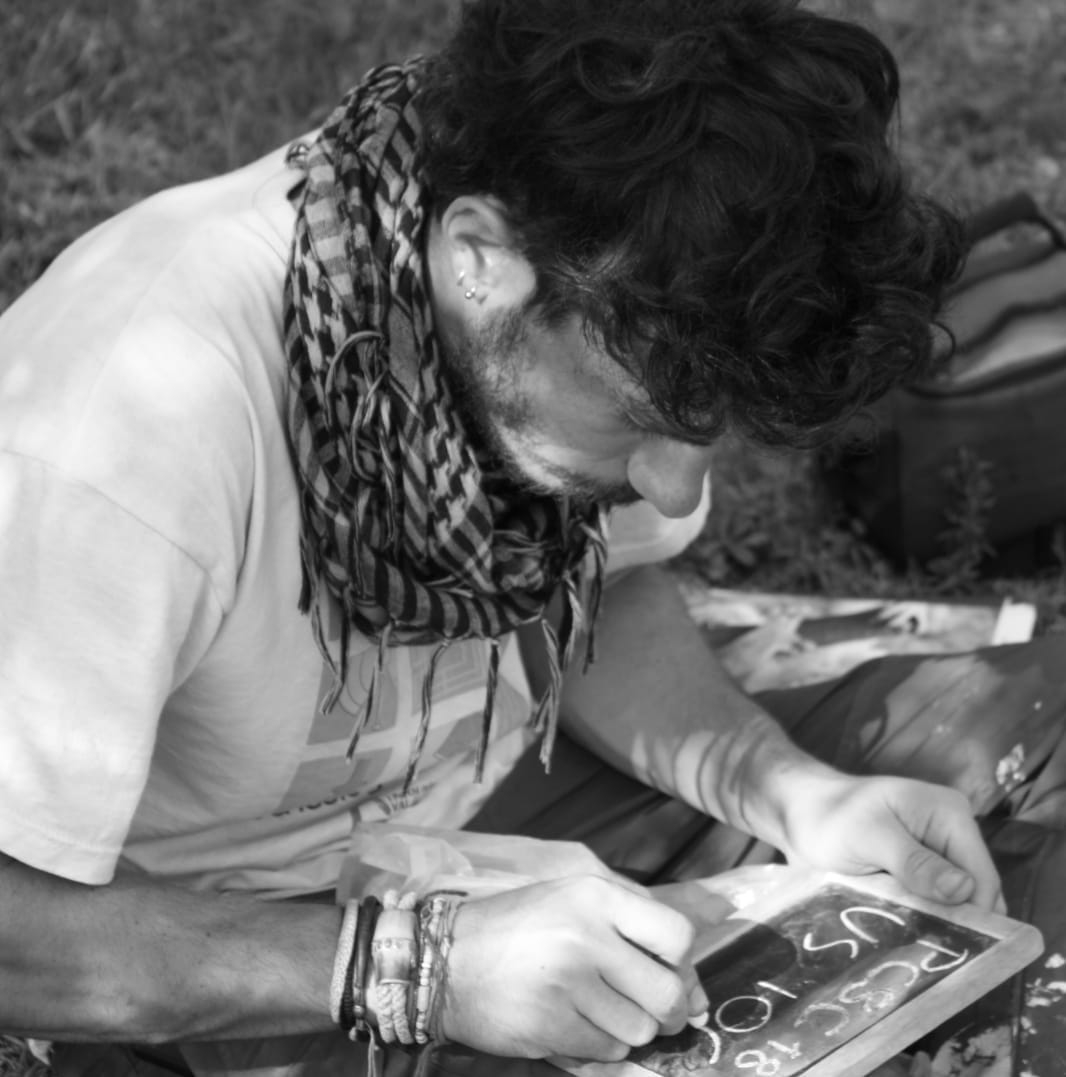
Salvatore Basile
Born and raised in Sicily, after three year in Milan I arrived in Pisa. After I got my master's degree in Archaeology and several field experiences, from 2018 I did a PhD in Antiquity Sciences and Archaeology. Since May 2022 I have been a research fellow at the Department of Civilization and Forms of Knowledge. My interests mainly concern the study of urban and rural landscapes through the use of digital methods of spatial and geostatistical analysis, with a particular focus on the Roman and Late Antique periods.
https://pisa.academia.edu/SalvatoreBasile
https://www.researchgate.net/profile/Salvatore-Basile
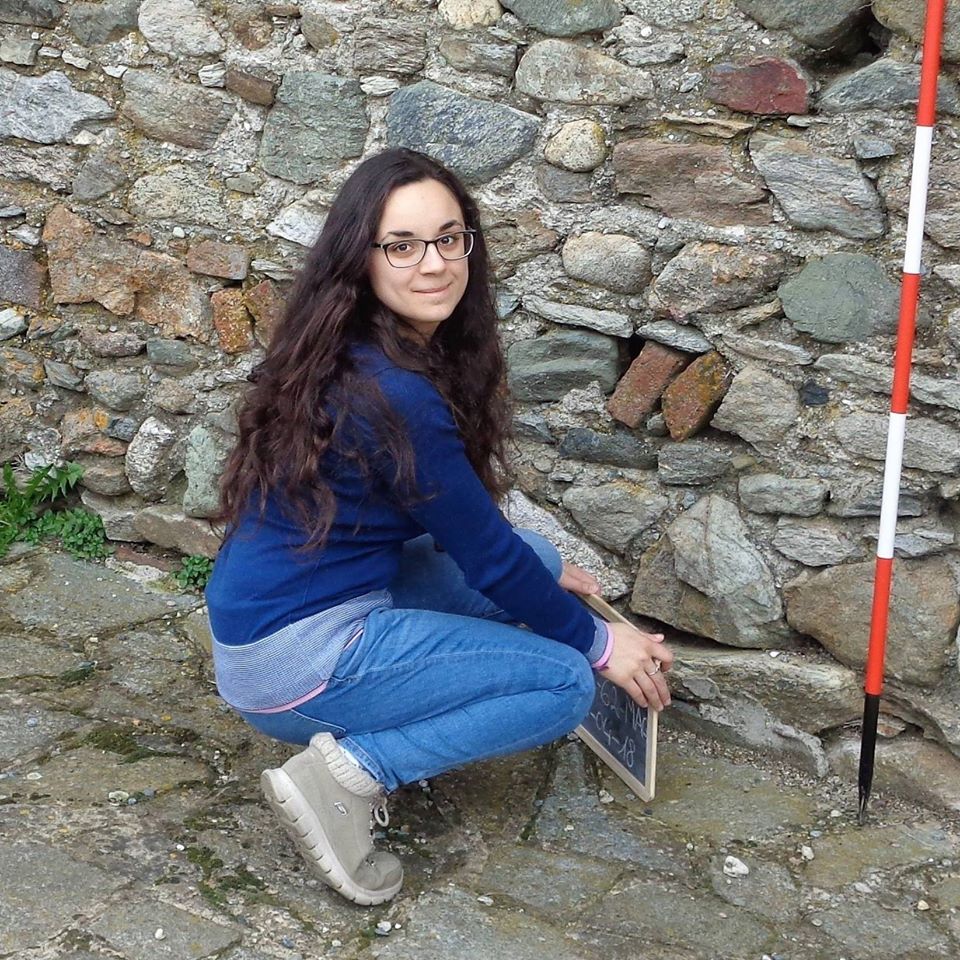
Sara Roberto
After her high school diploma in Computer Science Sara graduated in Cultural Heritage at the University of Turin. Next she took the master’s degree in Medieval Archaeology in Pisa, expressing her interest in architectural archaeology. Then she attended the School of Specialization in Florence. Since her early years in Pisa she has participated in the activities of the MAPPA Laboratory, first through internships and then as an external collaborator. She has alaways tried to combine her two passions, archaeology and computer science. This prompted her to deal with GIS, 3D modeling and database. Currently she manages the website of the MAPPA Lab.
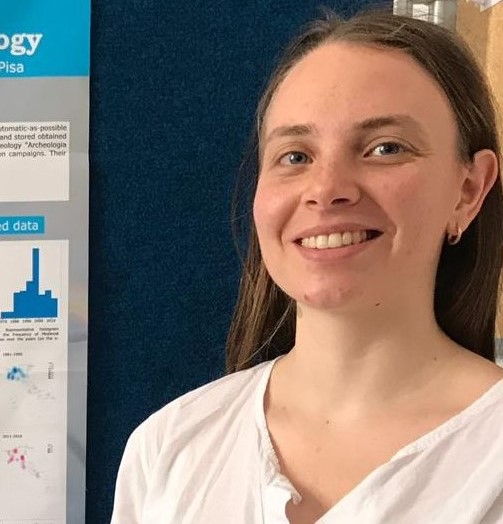
Elisa Paperini
Currently, Elisa is pursuing a PhD in Artificial Intelligence at the University of Pisa with a project about Environmental Archaeology that involves the application of Artificial Intelligence techniques to pollen data records.
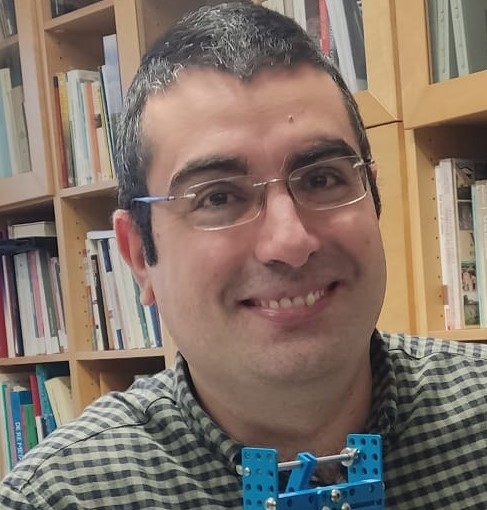
Quirino Saraceni
He is currently a PhD candidate in Artificial Intelligence for Society, which is partecipated by various universities and led by the University of Pisa, with a research project aimed at integrating ArchAIDE (http://www.archaide.eu/), an application capable of recognizing and providing information on ceramic fragments of archaeological interest, developed by the Mappa Lab in collaboration with other institutions and universities, with a robotic arm that should be able to select and order the sherds, helping archaeologists in one of the operations that requires more time (and patience).
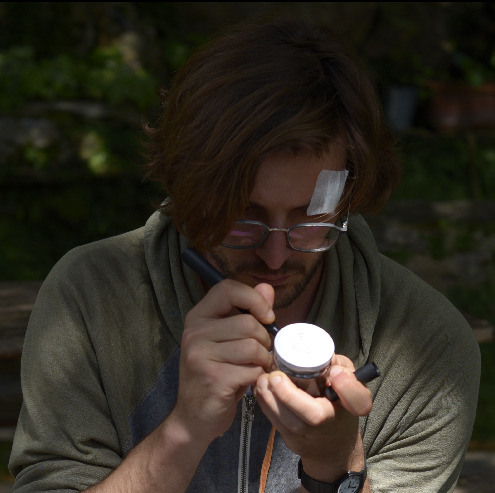
Massimiliano Puntin
Massimiliano earned his bachelor’s degree in Cultural Heritage Conservation from the University of Udine before continuing his studies at the University of Pisa, specializing in digital archaeology and non-destructive archaeometric analysis techniques. He completed his master’s degree with a thesis on the study of Roman bricks using hyperspectral imaging and XRF spectroscopy. He collaborated on the MAGOH project at the MAPPA laboratory, working on archaeological interventions in the province of Pisa. He is currently a PhD candidate in Heritage Science, focusing on Roman painted plasters from coastal and insular Northern Etruria. His research aims to characterize pigments, identify and trace raw materials, and study production and application processes using non-destructive and micro-invasive archaeometric techniques. When he’s not in the office, you’ll find him on the basketball court—still collecting heavy defeats.
massimiliano.puntin@uniroma1.it
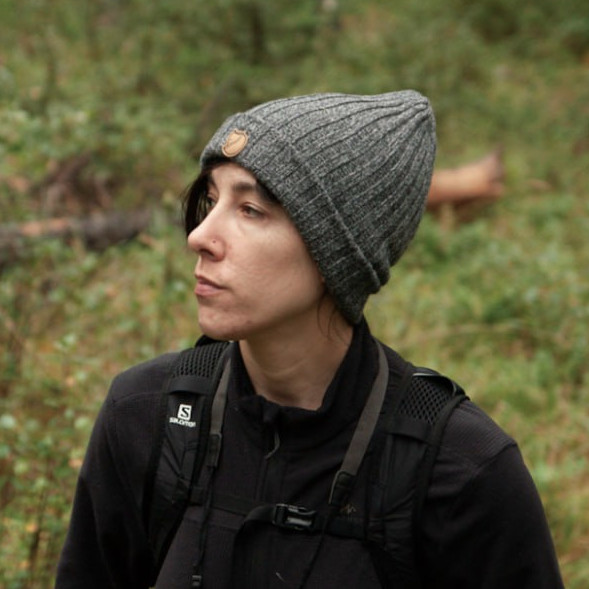
Chiara Giovannetti
An archaeologist, Chiara arrived in Pisa and joined MAPPALab during her time at the School of Specialization. She is currently pursuing a PhD in Heritage Science, with a project that aims to model archaeological data for the Semantic Web. She is interested in public archaeology and studies how to develop the social potential of archaeology, starting from the data itself, by making databases more accessible and reusable. Beyond data, she loves everything that helps us better communicate what we do, from maps to Instagram posts. She is the official pastry chef of the Lab.
chiaragiovannetti91@gmail.com
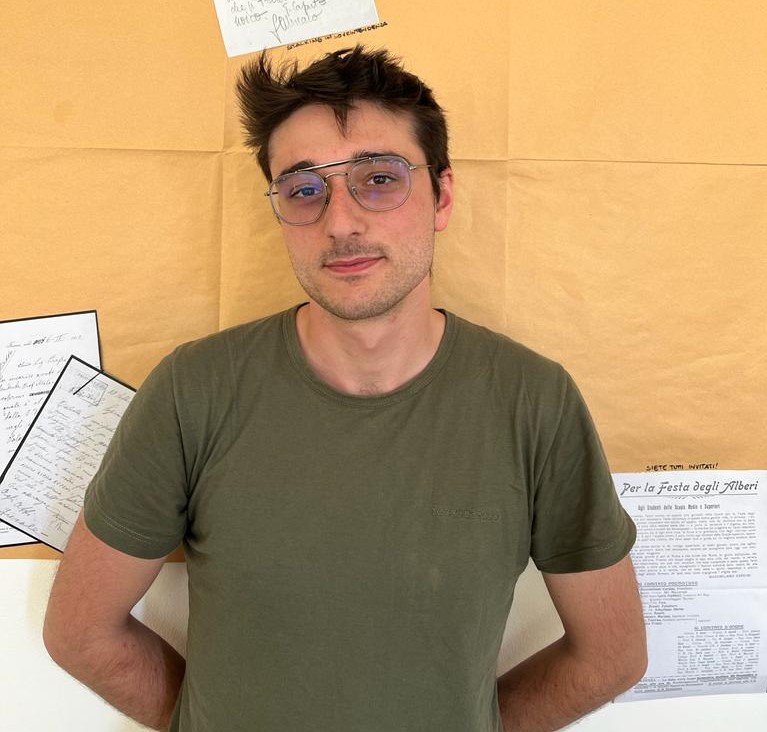
Francesco D’Antoni
Francesco is an archaeologist with a strong interest in urban archaeology, digitization processes, 3D reconstructions of excavation contexts, and archaeological methodologies in all their facets. Since graduating in 2022, he has undertaken a PhD project aimed at studying the topographical and social transformations of the urban center of Lucca during the Middle Ages. This project involves the creation of various datasets in GIS environments, including archaeological excavation data, written sources, and observable medieval persistences. In his spare time, he plays the keyboard with his band from La Spezia and reads comics.
fda.dantoni@gmail.com
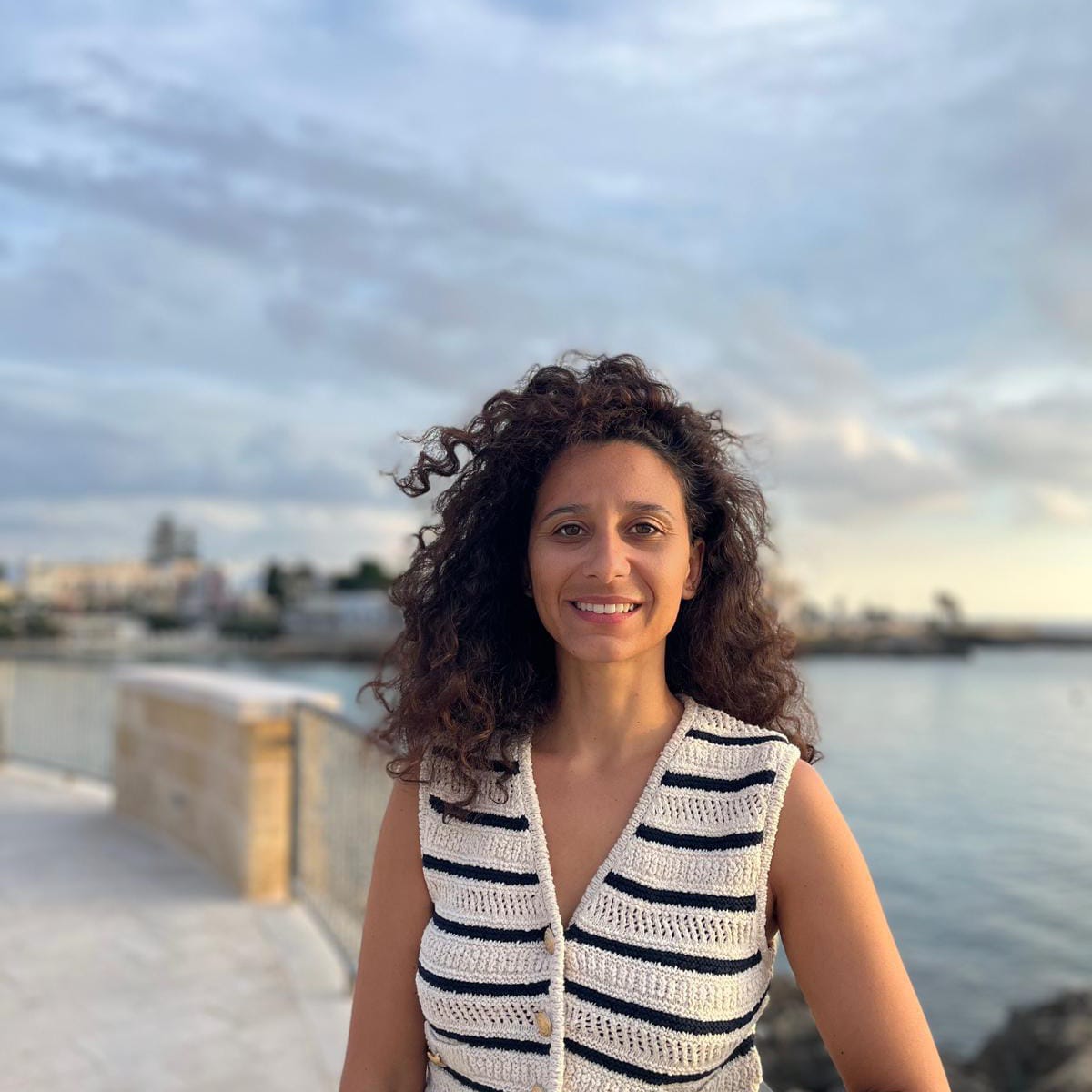
Federica Mauro
As a PhD student in Pisa with a project in Artificial Intelligence for Society, she has combined my passion for ceramic studies with the latest advancements in computational archaeology. After graduating and earning her postgraduation diploma in Archaeology at the University of Salento, she spent several years on the field in the United Kingdom digging remains from Iron Age and Roman period, and burials from a Saxon cemetery. Her curiosity about new experiences took her to Paestum, as exhibition assistant at the Archaeological Museum, to Patras to study ceramic petrography, and around Salento for several excavations on land, and underwater as a marine archaeologist.
federica.mauro@phd.unipi.it
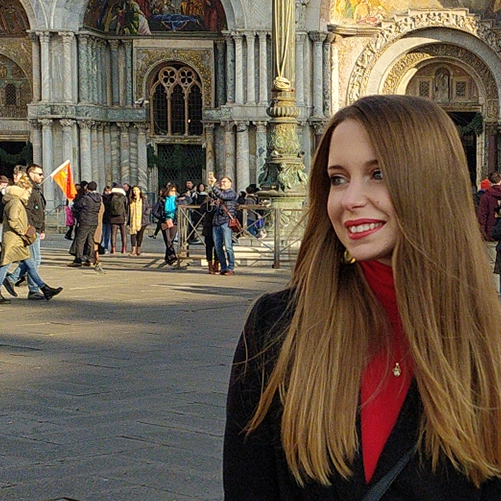
Lorena Bravi
Since her second year of studies, Lorena has developed a deep passion for archaeological research methodology and digital archaeology. This inclination led her to complete a bachelor’s thesis focused on the creation of a Web GIS. During her master’s program, she participated in numerous survey campaigns, including those on the island of Lampedusa, a place that captured her heart and inspired her final thesis, which focused on the creation and management of an open platform for visualizing contemporary heterogeneous data.
Today, Lorena is a PhD candidate in Heritage Science at La Sapienza University of Rome. Her research project focuses on building a digital collection that can be integrated into existing digital platforms, capable of storing, correlating, visualizing, and sharing archaeological and archaeometric data. This initiative aims to open new horizons for accessibility, data interconnection, and research in both academic and non-academic contexts.
lorena.bravi@uniroma1.it
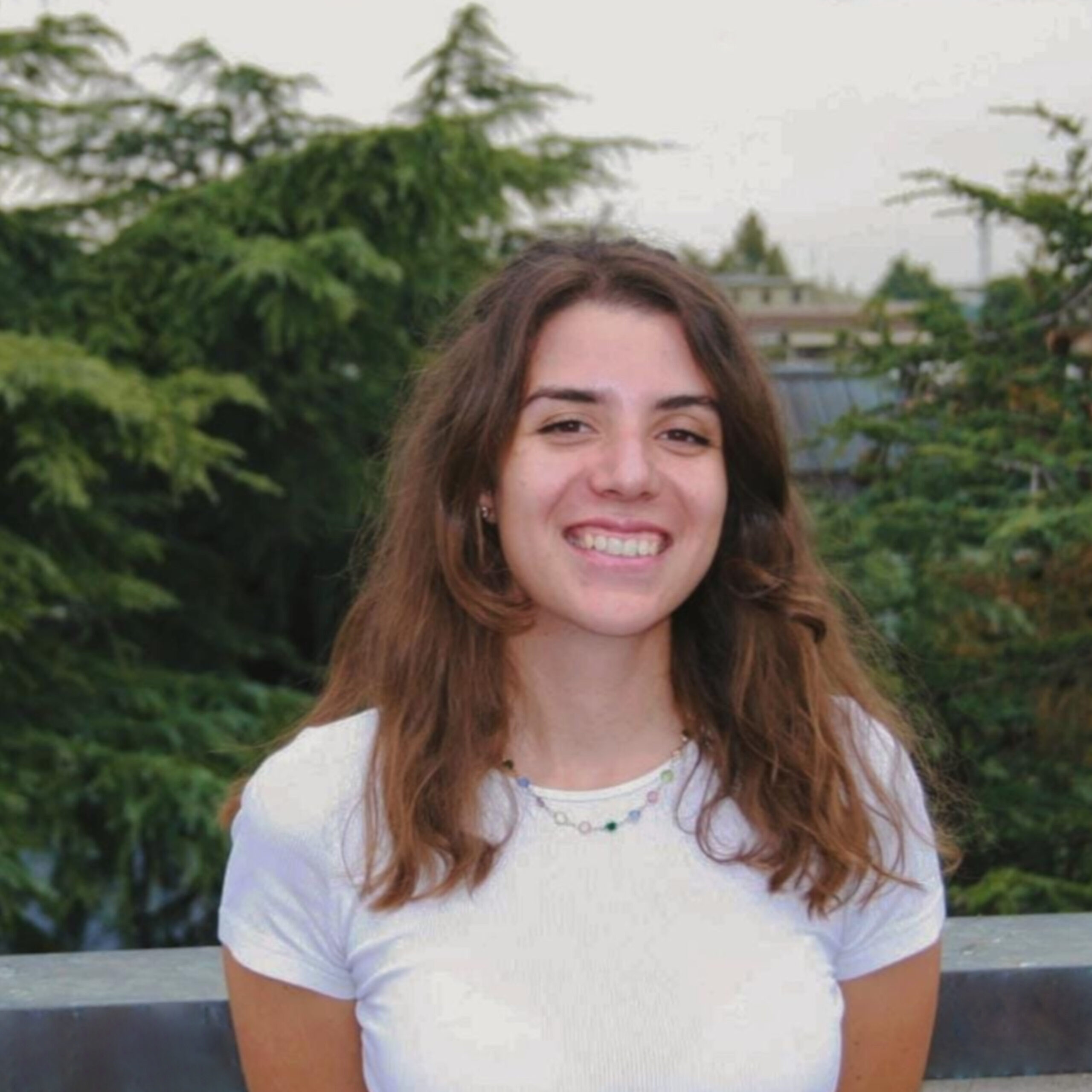
Martina Naso
Archaeologist, born in 1999, specialising in the development of methodologies and the application of archaeometric techniques for studying ancient artefacts and the production processes behind them. After earning a degree in Archaeology from the University of Padua, I completed a double Master’s degree in Archaeometry through a collaboration between the University of Padua and the Université Bordeaux Montaigne. I have participated in numerous archaeological excavations in Italy and carried out laboratory analyses using instruments such as optical microscopy, SEM-EDS, confocal microscopy, Raman spectroscopy, p-XRF, and HSI camera. For my doctoral research at the University of Pisa, I am applying a multidisciplinary approach to enhance and transform the study, conservation, and valorisation of archaeological artefacts — particularly ceramics — by integrating research, archaeometric techniques, digitalisation, and data science.
martina.naso@uniroma1.it
